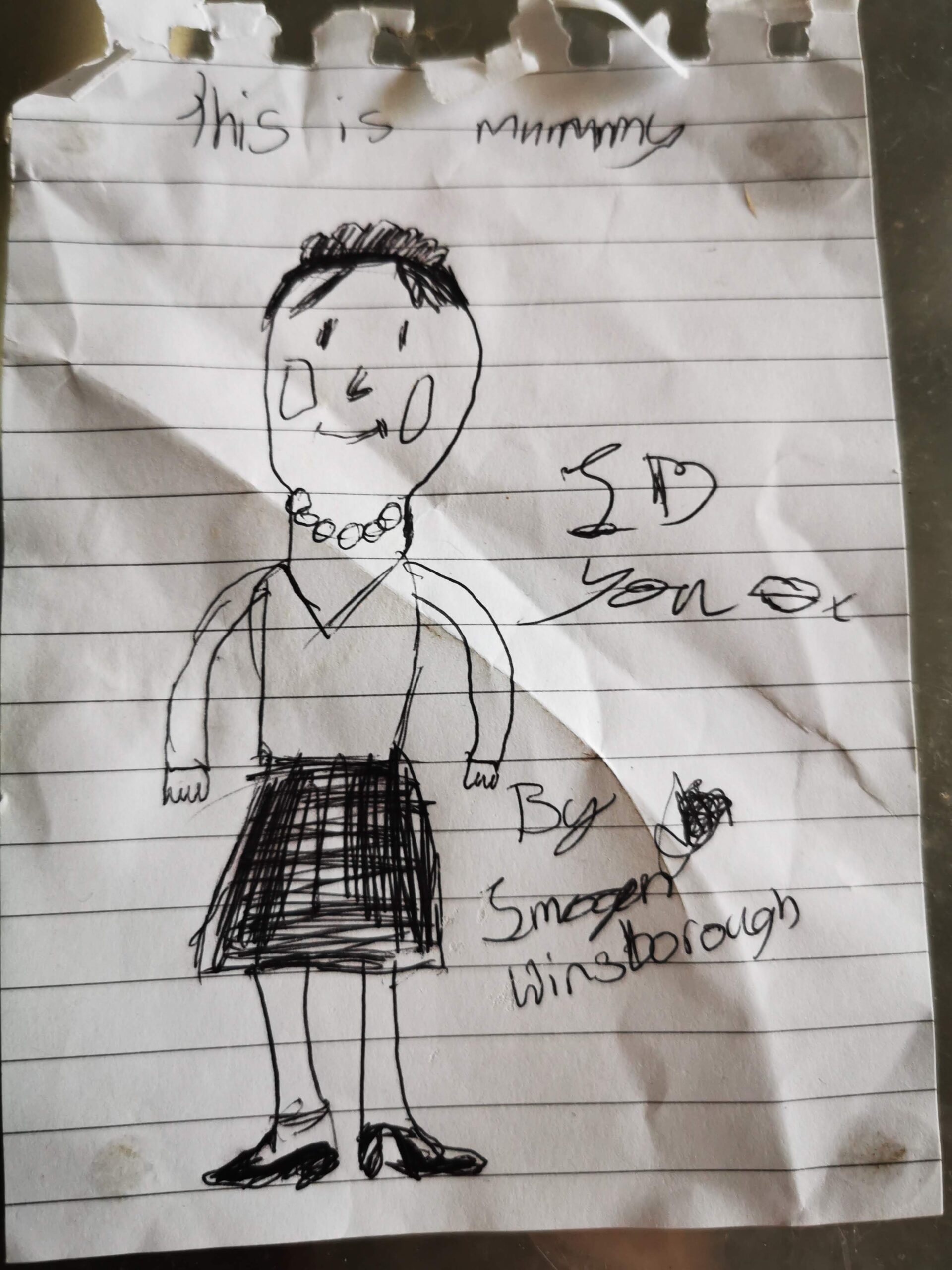For someone who isn’t a control freak, I like to be in control.
Since our last instalment of the cancer chronicles, I’ve experienced what my son sardonically termed “electrification”. More generally referred to in medical circles as radiation therapy, the interminable upgrade of the Gawler rail line apparently leached into our family lexicon and the naming convention was possibly influenced by The Great Delay.
I didn’t enjoy zapping. Ungrateful, I know.
My first beef was having to move to Adelaide for the duration (as radiation is not available in any other location in South Australia, and it’s a 10 hour round trip from home to hospital). Which necessitated moving in with the kids. Who, for obvious reasons, didn’t want to talk about cancer. Parents are put on this earth to be there for you, the child. NOT THE OTHER WAY ROUND!!
Then there’s the treatment.
There is nothing wrong with the treatment.
The team at the RAH try to make the experience as pleasant as possible. The rooms have sunny scenes from around South Australia lit up on the ceiling, Spotify humming away in the background and the set up is all friendly efficiency.
But the lack of agency over daily life – appointments slotted in randomly, so there is no sense of routine or opportunity to control my daily schedule; being issued a hospital band every damn day – even though I was unlikely to lose consciousness and forget who I was; forced to lie down with my arms pinned above my head; the necessity to flash my tits at a rotating straggle of clinical strangers every day of the working week and the final insult for the very lucky – I got a bonus week of being prodded with rulers and drawn on with felt tip pens as part of an elaborate geometry equation.
An overwhelming reminder that I was just a case file; a tiny cog in an enormous hospital wheel reinforced every single day. I was not connected, known, seen.
The daily procedure was quick, but induced panic for the 3 weeks of standard treatment. After many years of playing the clarinet (badly) and singing in the choir (constantly convinced the bum notes the choir master was complaining about came from me), and being exhorted to hold my breath for longer than I ever could, a wave of anxiety would creep over me as soon as the weird breathing box was taped to my chest. (Honestly, it looks like a small, standard cardboard box: something they prepared earlier as part of a Blue Peter craft project. Was it genuinely a medical device? Was it really just an elaborate joke?)
“Breath in. A little more. A little more. No, too much. Can you let some out? Yes, that’s right. Now hold it there!”
And as you hold it there, the machine whirrs into action and gives you a little zap. Which is only discernible from the click of the machine and the light in the corner of the room warning others not to enter being turned on and then off.
It’s quick. It’s painless. It’s life saving and it was available cost-free. I know I’m lucky to live in a country where healthcare is universally accessible.
But boy, the loss of autonomy made me miserable.
Having no husband available to hear my daily whinges made me grumpy.
Trying to work around the ever-shifting appointments made me guilty.
The foreboding about fatigue and radiation burns made me anxious.
My little corner of control was moving.
I enrolled at a reformer pilates studio, a yoga studio and took public transport to hospital every day I could so that incidental walking was part of my routine. I completed a couple of Zwift rides and I signed up to walk City to Bay with my daughter. I went to parkrun every week to catch up with my parkrun pals.
I did something every day.
Nothing too hectic. I didn’t push my limits.
But for 30 to 60 minutes every day I chose when I wanted to turn up, was in charge of what clothes I wore, how I moved my body, how much breath I sucked in or let out, and got to spend time amongst people I felt connected to.
And did I mention that the fatigue never came?
Garmin tells me my sleep quality was slightly better than normal through that period.
But the only time fatigue made any attempt to creep in was the days I chose to exercise later.
As soon as I moved, it vanished.
Was this just me? Has anyone else had a similar experience? Why is no-one studying this stuff?
From too many years working in HR, I regularly observe that us humans fail to thrive when agency is taken away from us. (Frederick Taylor, we’re looking at you).
So whether it was the endorphins effect, the human connection or simply a sense of control over one element of my destiny, exercise brought me a huge sense of relief. If you’re reading this and about to start radiation therapy, find ways to move each day. I don’t think you’ll regret it.

